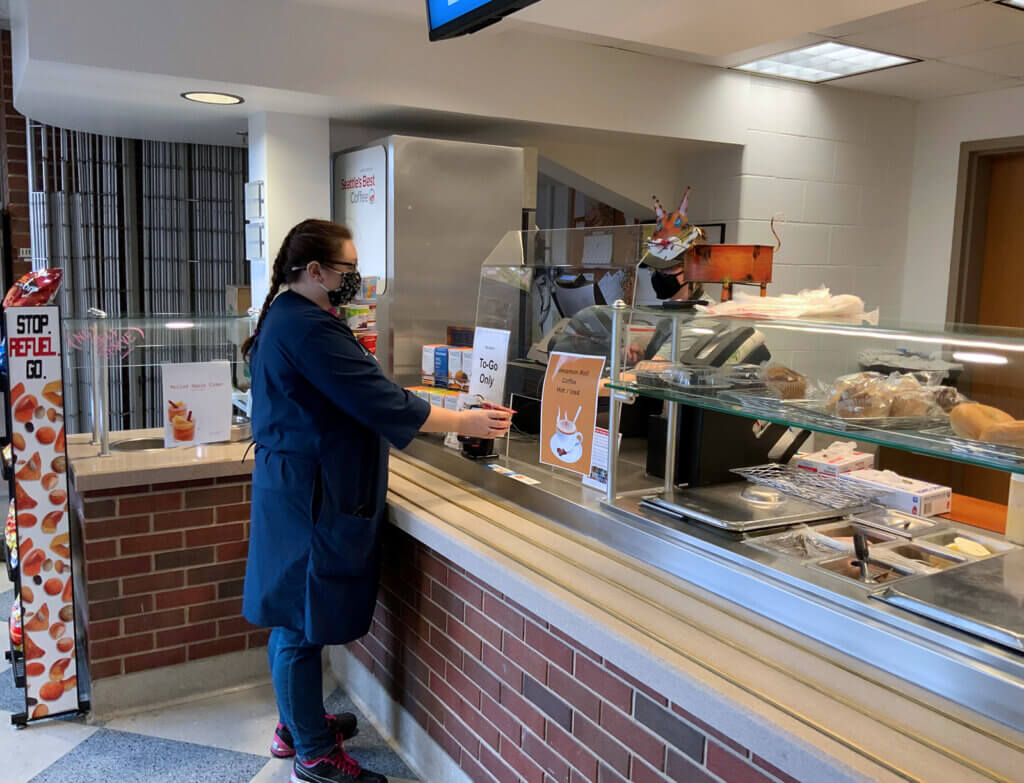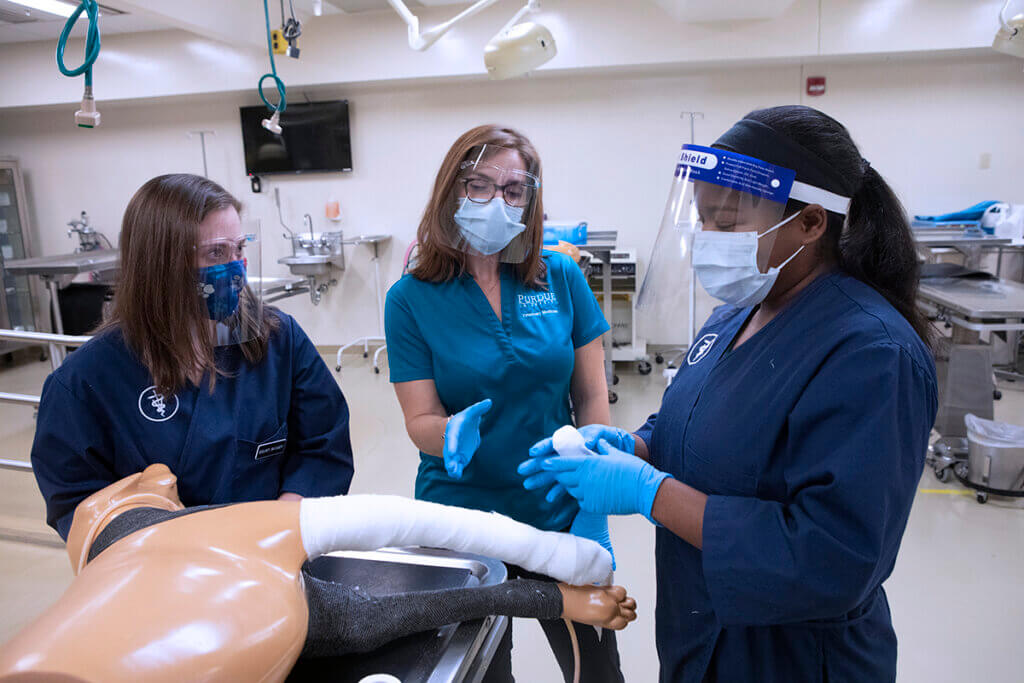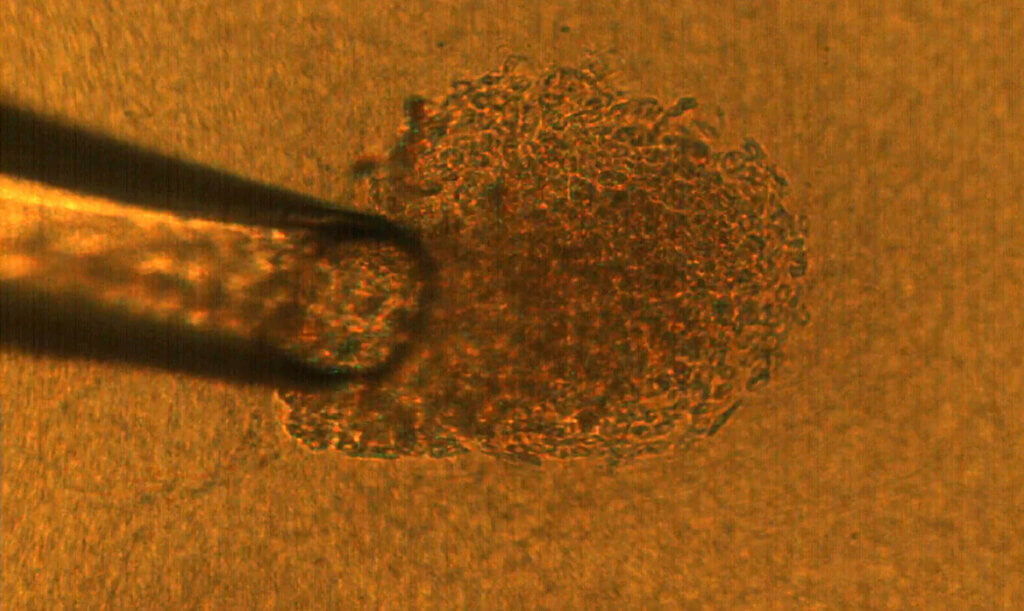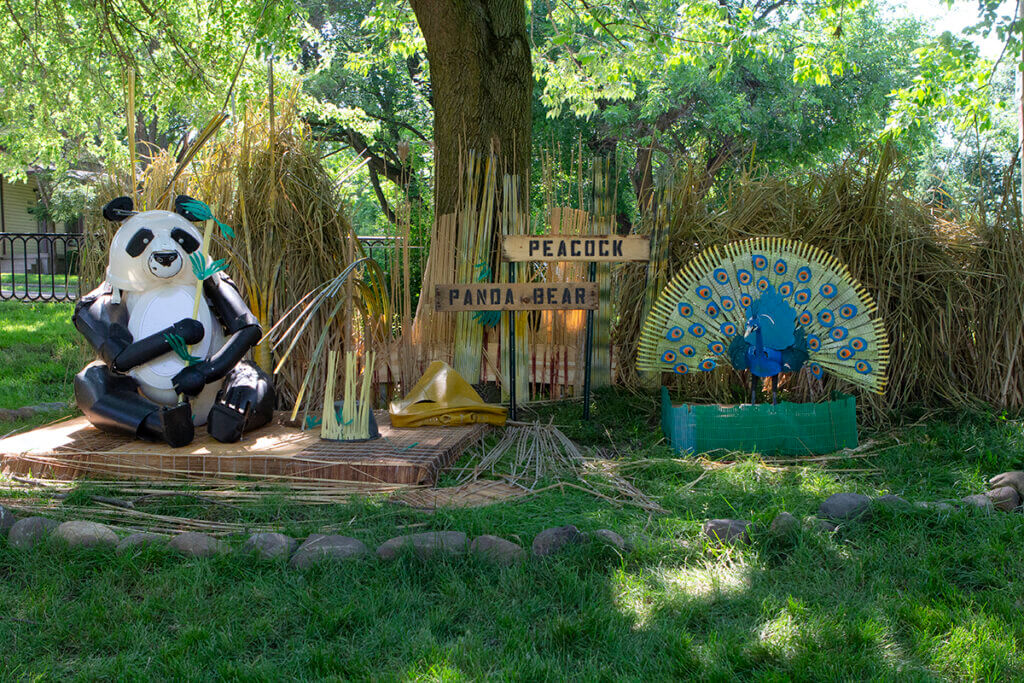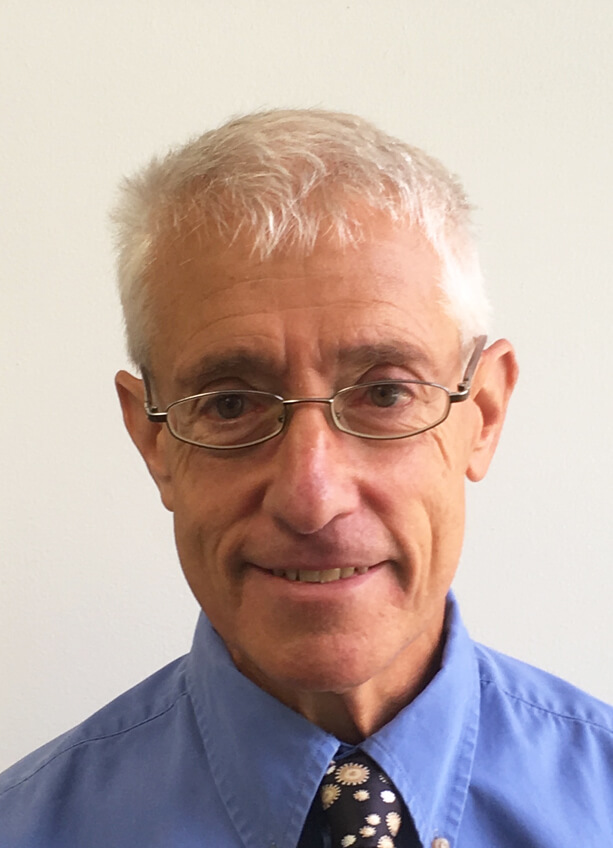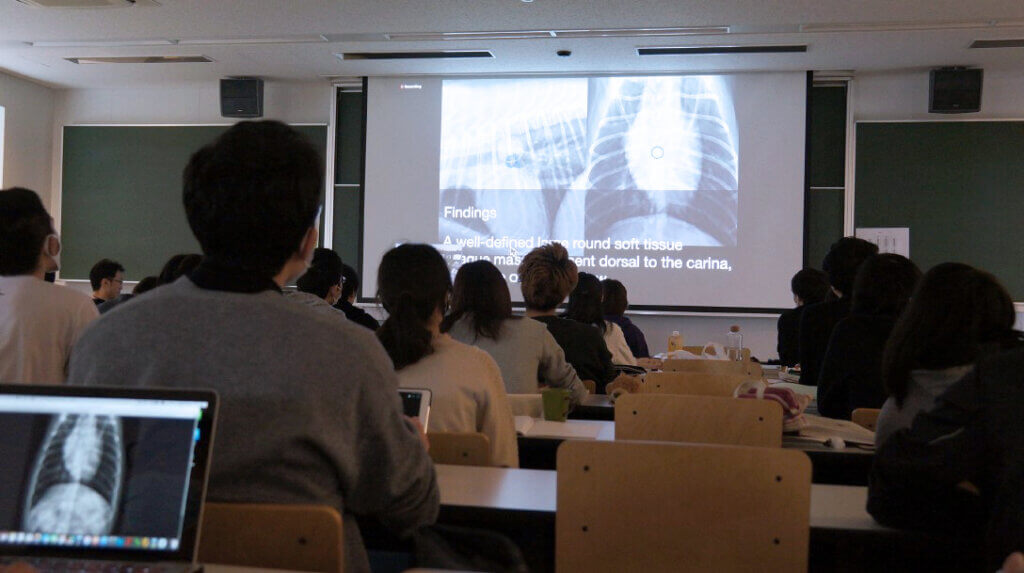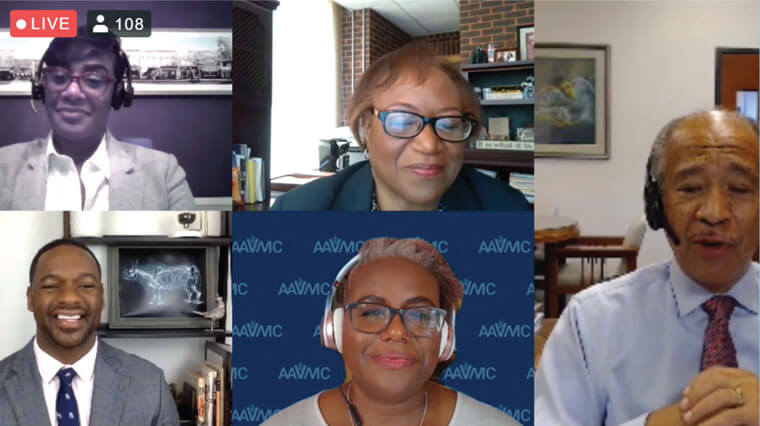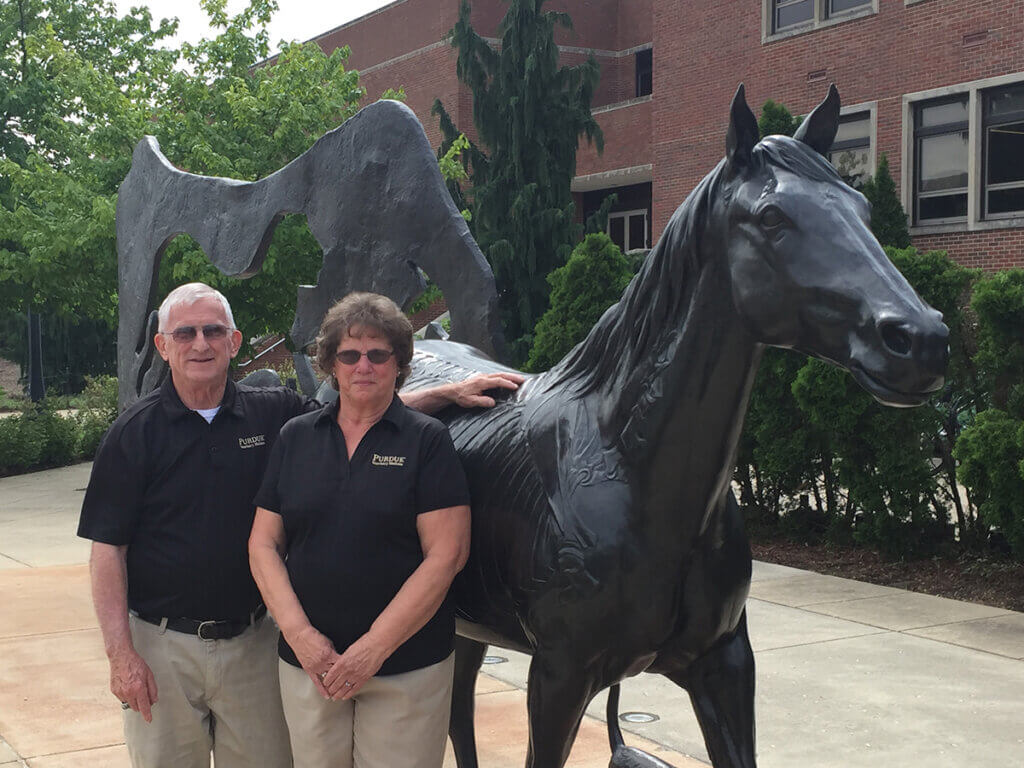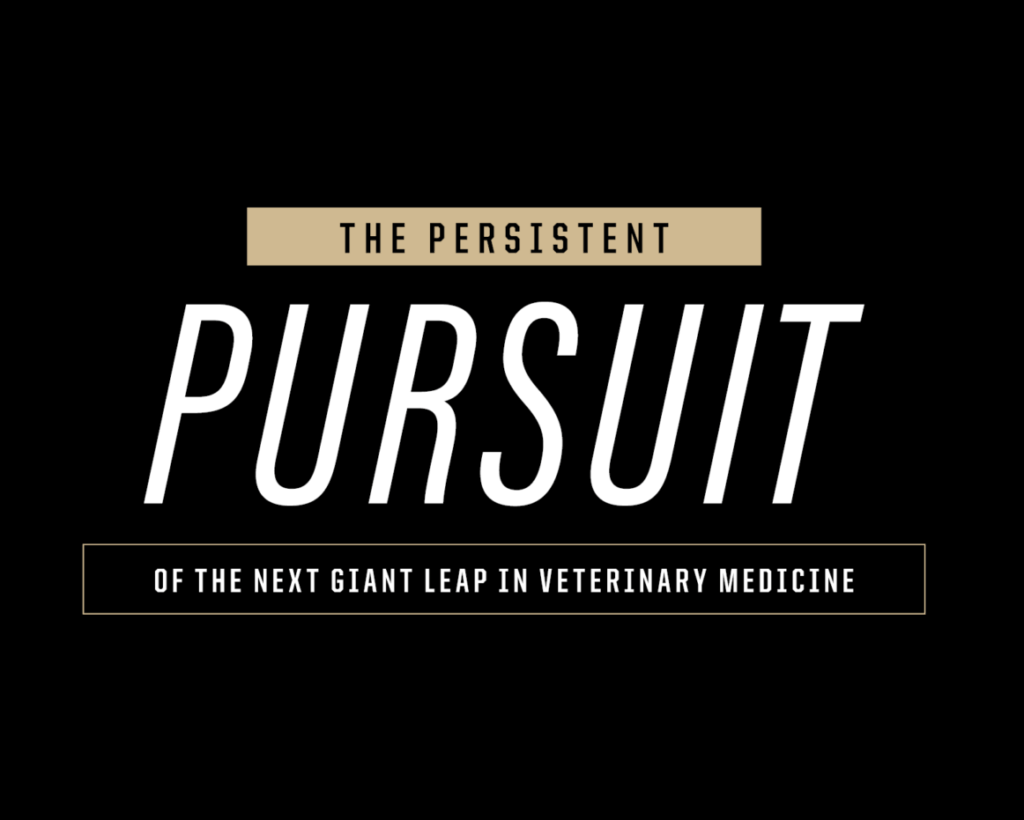Month: October 2020
Continuum Café Carries on a Continuum of Service
October 30, 2020
After a hiatus that began March 20 and continued over the summer due to the COVID-19 pandemic, the Continuum Café located in Lynn Hall made necessary modifications to reopen for the fall semester and has been serving a steady stream of customers since. The reopening came with several changes, including new management by the Purdue Food Company, a subsidiary of Aramark, and some menu and procedural adjustments.
Dean’s State of the College Address Describes How Purdue Veterinary Medicine is Moving Forward
October 30, 2020
Purdue Veterinary Medicine Dean Willie Reed continued a fall tradition virtually this month, giving his annual State of the College address to students using the Zoom platform. Dean Reed delivered a positive message of progress, describing ways in which the college is moving forward on multiple fronts.
Veterinary Nursing Student Finds Personal Motivation to be Protect Purdue Ambassador
October 30, 2020
Meet Alayna Baker, a veterinary nursing student in the College of Veterinary Medicine who is also a Protect Purdue Ambassador! Alayna is one of over 200 Purdue students who signed-up for the program which was developed after the need was recognized for peer encouragement to get the entire student body aligned with the Protect Purdue Pledge.
New 3D Cell Culture Method Developed with Help of BMS Professor Points to Personalized Cancer Therapies
October 30, 2020
Each cancer patient’s tumors have cells that look and act differently, making it difficult for scientists to determine treatments based on tumors grown from generic cell cultures in the lab. Now, thanks to a new 3D cell culture technique developed by a team of Purdue University researchers, including College of Veterinary Medicine faculty member Sophie Lelièvre, it may be possible to personalize treatment by understanding the contributions of different cell types in a tumor to the cancer’s behavior.
PVM Receives Art Museum of Greater Lafayette’s Highest Honor for a Business or Organization
October 23, 2020
The Purdue University College of Veterinary Medicine is known for many accomplishments in veterinary medical education, discovery, and engagement, but now it has a mark of distinction in an entirely different arena – art!
Immune Responses to COVID-19 to be Focus of Upcoming Coppoc One Health Lecture
October 23, 2020
During this pandemic year, the 7th annual Coppoc One Health Lecture will shine the spotlight on immune responses and other issues related to efforts to develop a COVID-19 vaccine. The talk, entitled “Immune Responses in, and Animal Models for, COVID-19,” will feature Dr. Stanley Perlman, professor of microbiology and immunology, and professor of pediatrics at the University of Iowa.
New Grant Supports Global Virtual Experiential Learning in Diagnostic Imaging
October 23, 2020
In the midst of a global pandemic, members of the Purdue Veterinary Medicine family have found a way to globally engage, collaborate, and exchange with the world around them. Dr. Masahiro Murakami, assistant professor of diagnostic imaging, is leading an international collaboration that is virtually connecting veterinary students from all over the world!
Veterinary organizations take diversity- and equity-related action
October 22, 2020
Banfield Pet Hospital focused on diversity, equity, and inclusion during its virtual Pet Healthcare Industry Summit, Sept. 14-15. Participants included (clockwise from top left) Melissa Marshall, Banfield’s senior vice president of people and organization; Dr. Ruby Perry, dean of Tuskegee University College of Veterinary Medicine; Dr. Willie Reed, dean of Purdue University College of Veterinary […]
Donor Spotlight Highlights Harry and Freida Latshaw
October 16, 2020
In the spirit of Veterinary Nursing Appreciation Week, the Purdue University College of Veterinary Medicine would like to recognize a special couple that has made a difference in the lives of veterinary nursing students – Mr. Harry and Mrs. Freida Latshaw.
Veterinary Career Fair Zooms ahead Despite All Odds
October 16, 2020
In the face of multiple challenges posed by the COVID-19 pandemic, the Purdue University College of Veterinary Medicine held its first ever digital career fair, providing a safe means of connecting students with future career opportunities.

